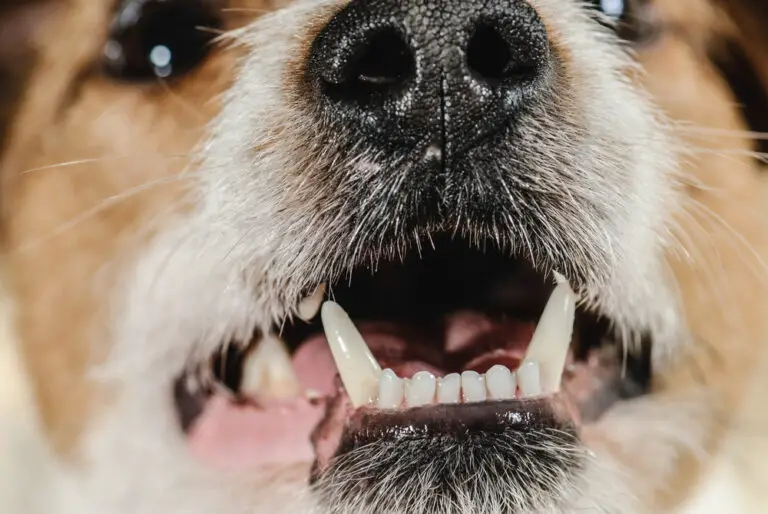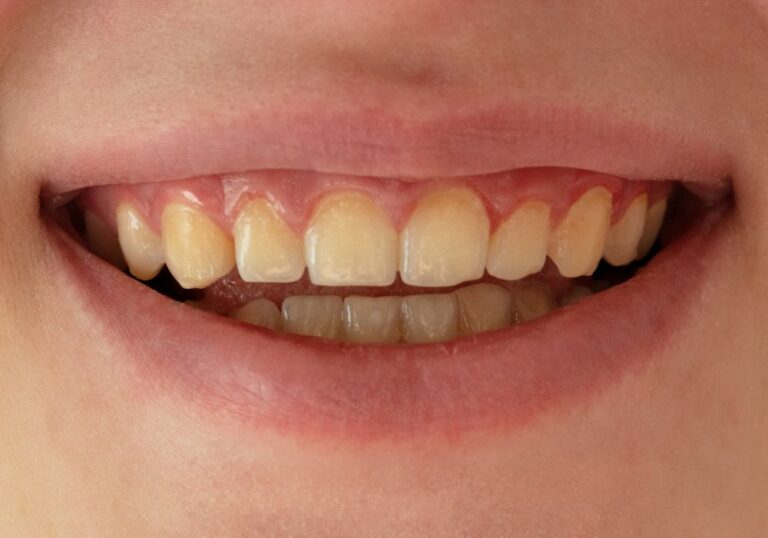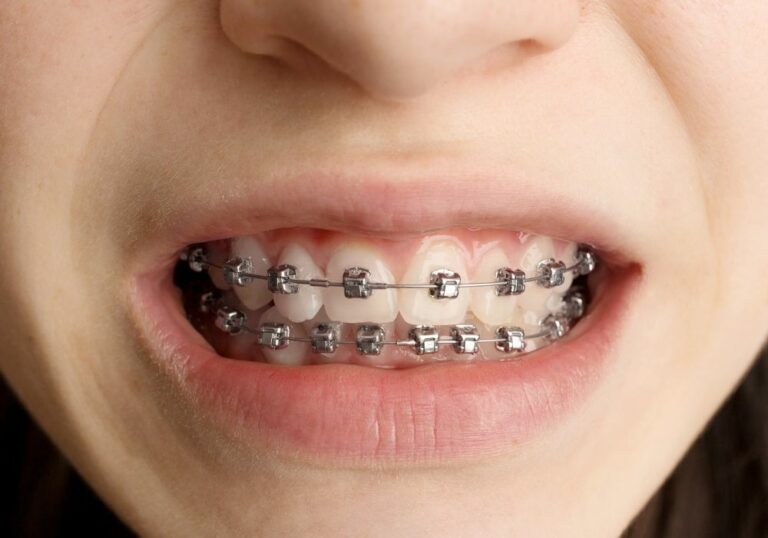If you’ve recently had your wisdom teeth removed, you may be wondering about the stitches used to close the incisions. One common concern is whether wisdom teeth stitches can fall out early. The short answer is yes, it is possible for stitches to come loose or fall out before they are supposed to.
There are several reasons why wisdom teeth stitches might fall out early. Sometimes, the natural healing process can cause the stitches to loosen or break. Other times, the stitches may be dislodged by eating or brushing your teeth too vigorously. While it can be concerning to see a stitch come out early, it’s important to remember that it doesn’t necessarily mean something is wrong.
If you do notice a wisdom teeth stitch has fallen out early, there are a few steps you can take to help promote healing. It’s important to keep the area clean and avoid eating hard or crunchy foods that could irritate the site. If you experience any pain or swelling, you should contact your dentist or oral surgeon for advice.
Understanding Wisdom Teeth Stitches
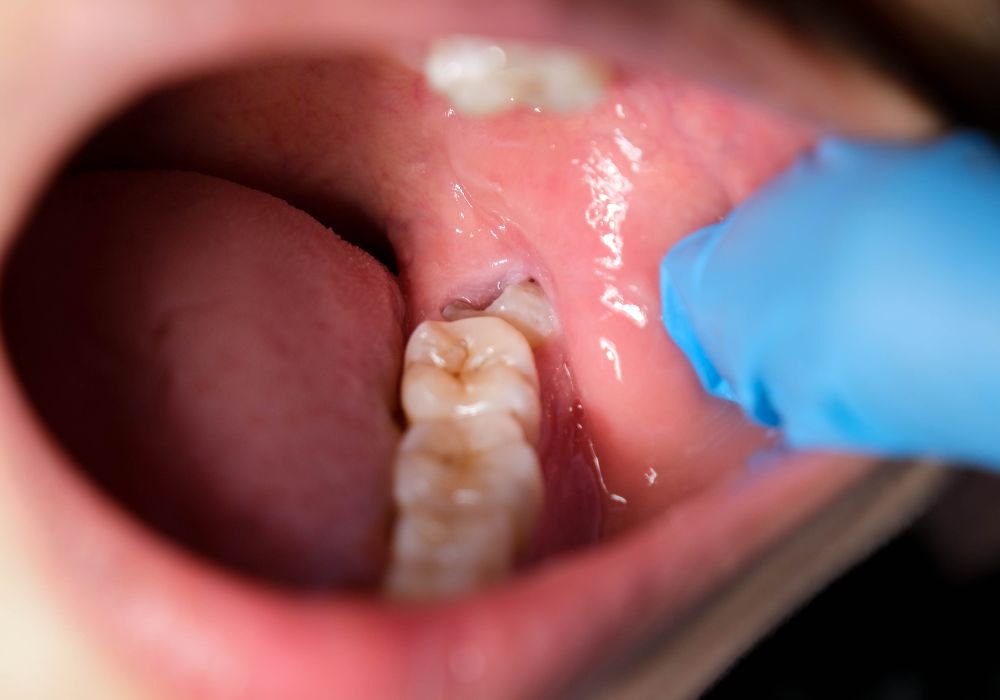
If you have recently undergone wisdom teeth removal surgery, your dentist may have used stitches to close the gum tissue flap after the extraction. Wisdom teeth stitches are necessary to promote healing and prevent bleeding. In this section, we will discuss what wisdom teeth stitches are, how they work, and what to expect during the healing process.
Types of Wisdom Teeth Stitches
There are two types of wisdom teeth stitches: dissolvable and non-dissolvable. Dissolvable stitches are made of materials that your body will absorb over time, eliminating the need for removal. Non-dissolvable stitches, on the other hand, are made of materials that do not dissolve and require removal by your dentist.
How Wisdom Teeth Stitches Work
Wisdom teeth stitches help to hold the gum tissue flap in place, allowing the wound to heal. They also help to prevent bleeding and reduce the risk of infection. Dissolvable stitches will eventually dissolve on their own, while non-dissolvable stitches will need to be removed by your dentist.
What to Expect During the Healing Process
During the healing process, it is normal for wisdom teeth stitches to feel uncomfortable or even painful. It is important to follow your dentist’s instructions for care and avoid activities that may cause the stitches to become dislodged, such as drinking through a straw or smoking. It is also important to maintain good oral hygiene to prevent infection.
In some cases, wisdom teeth stitches may fall out early. This can happen due to a variety of reasons, such as physical activity, swelling reduction, or improper care. If this happens, it is important to contact your dentist as soon as possible to ensure proper healing.
In conclusion, wisdom teeth stitches are a crucial part of the healing process after wisdom teeth removal surgery. They help to promote healing, prevent bleeding, and reduce the risk of infection. It is important to follow your dentist’s instructions for care and contact them if you experience any issues during the healing process.
Can Wisdom Teeth Stitches Fall Out Early?
If you have undergone wisdom teeth removal surgery, your dentist may have placed stitches to help the wound heal. While these stitches are designed to dissolve or fall out on their own, sometimes they can come out earlier than expected. In this section, we’ll discuss the causes, symptoms, and risks of early wisdom teeth stitches falling out.
Causes
There are several reasons why wisdom teeth stitches may fall out early. Some of the common causes include:
- Inadequate stitching: If the stitches were not placed properly, they may not hold the wound together, leading to early falling out.
- Trauma: Any kind of trauma to the wound area, such as biting down on hard foods or accidentally touching the wound with your tongue, can cause the stitches to come out early.
- Infection: Infections can cause inflammation and swelling, which can put pressure on the stitches and cause them to fall out.
- Smoking: Smoking can delay the healing process and increase the risk of infection, which can cause the stitches to fall out early.
Symptoms
If your wisdom teeth stitches fall out early, you may experience the following symptoms:
- Bleeding: You may notice some bleeding from the wound area.
- Pain: The wound may be more painful than usual.
- Swelling: Swelling around the wound area may increase.
- Bad taste or odor: You may notice a bad taste or odor coming from the wound area.
Risks
If your wisdom teeth stitches fall out early, there are some risks to be aware of:
- Delayed healing: The wound may take longer to heal, leading to prolonged pain and discomfort.
- Infection: The risk of infection increases if the wound is not properly closed.
- Dry socket: If the blood clot in the wound area becomes dislodged, it can lead to a painful condition called dry socket.
If your wisdom teeth stitches fall out early, it’s important to contact your dentist as soon as possible. Your dentist can assess the wound and determine if any further treatment is needed.
What to Do If Your Stitches Fall Out Early
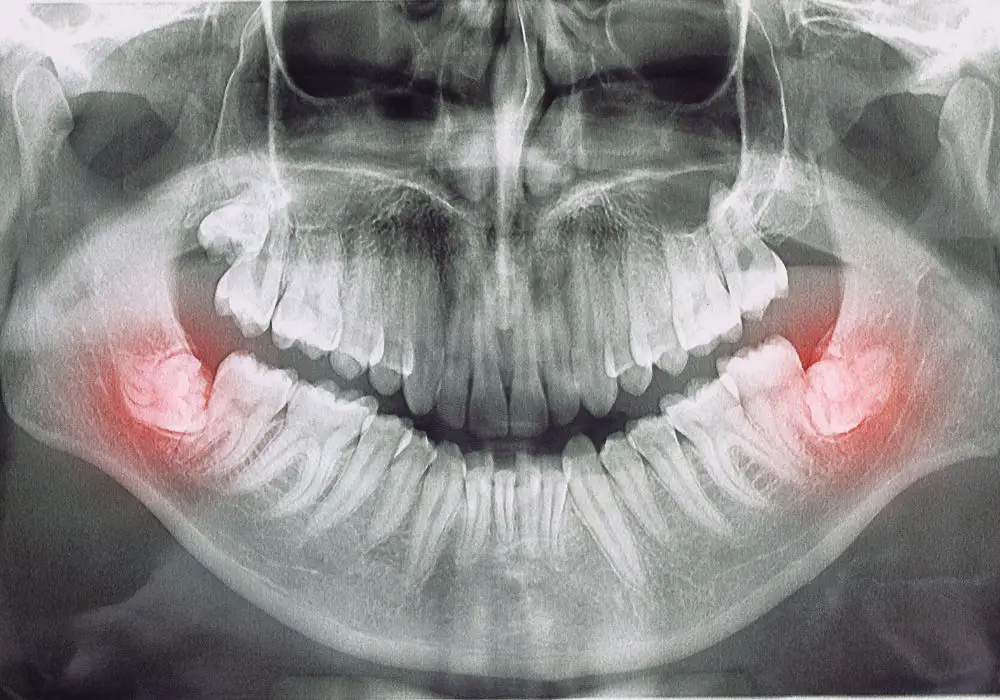
If you’ve had your wisdom teeth removed and your stitches have fallen out early, don’t panic. Although it’s not ideal, there are steps you can take to minimize the risk of complications and ensure a smooth healing process.
Immediate Actions
If you notice that your stitches have fallen out early, the first thing you should do is rinse your mouth gently with warm salt water. This will help to keep the area clean and prevent infection. Be sure to avoid using mouthwash or other oral hygiene products that contain alcohol, as this can irritate the wound and slow down the healing process.
Next, take a look at the extraction site to see if there is any bleeding. If there is, apply pressure to the area with a clean piece of gauze or a tea bag for 20-30 minutes. This should help to stop the bleeding. If the bleeding persists, contact your dentist or oral surgeon right away.
Contacting Your Dentist
If your stitches have fallen out early, it’s important to contact your dentist or oral surgeon as soon as possible. They will be able to advise you on the best course of action and may need to see you for a follow-up appointment.
In some cases, your dentist may recommend that you come in for a check-up to ensure that the extraction site is healing properly. They may also prescribe antibiotics or recommend other treatments to help prevent infection and promote healing.
Preventive Measures
To minimize the risk of complications and ensure a smooth healing process, there are several preventive measures you can take if your stitches have fallen out early. These include:
- Avoiding smoking or using tobacco products, as this can slow down the healing process and increase the risk of infection.
- Eating soft foods and avoiding hard, crunchy, or spicy foods that can irritate the extraction site.
- Avoiding strenuous physical activity or exercise for at least a few days after the extraction.
- Keeping the extraction site clean by gently rinsing your mouth with warm salt water several times a day.
- Taking any medications or following any other instructions provided by your dentist or oral surgeon.
By following these preventive measures and contacting your dentist or oral surgeon if you experience any complications, you can ensure a smooth healing process after your wisdom teeth extraction.
How to Care for Your Stitches

After having your wisdom teeth extracted, your oral surgeon may use stitches to aid in the healing process. Proper care of your stitches is essential to ensure that the extraction site heals properly. Here are some tips to help you care for your stitches:
Proper Oral Hygiene
Maintaining proper oral hygiene is crucial to prevent infection and promote healing. Here are some things you can do to keep your mouth clean:
- Brush your teeth gently, avoiding the extraction site.
- Rinse your mouth with warm salt water several times a day.
- Use an antibacterial mouthwash as directed by your oral surgeon.
- Avoid using a straw, as suction can dislodge the blood clot and cause dry socket.
Diet and Nutrition
Eating a healthy and balanced diet is essential for proper healing. Here are some tips to help you maintain good nutrition:
- Stick to soft foods for the first few days after your extraction.
- Avoid hard, crunchy, or sticky foods that can damage the extraction site or dislodge the stitches.
- Drink plenty of water to stay hydrated.
Rest and Recovery
Rest and recovery are essential to promote healing and prevent complications. Here are some things you can do to help your body heal:
- Avoid strenuous activity for the first few days after your extraction.
- Get plenty of rest and sleep.
- Avoid smoking or using tobacco products, as they can delay healing.
By following these tips, you can help ensure that your stitches stay in place and promote proper healing. If you have any concerns or questions about caring for your stitches, be sure to contact your oral surgeon for guidance.
Frequently Asked Questions
How long should wisdom teeth stitches last?
Wisdom teeth stitches usually last for about a week, but it can vary depending on the type of stitches used and the individual’s healing process. Some stitches are designed to dissolve on their own within a few days, while others may need to be removed by a dentist after a week.
What happens if wisdom teeth stitches come out early?
If your wisdom teeth stitches come out early, it’s important to contact your dentist right away. This could be a sign of an infection or other complication, and your dentist will need to evaluate the situation to determine the best course of action.
Can I remove my wisdom teeth stitches myself?
No, you should never attempt to remove your wisdom teeth stitches yourself. This can cause further damage to the area and increase the risk of infection. If your stitches need to be removed, your dentist will do it for you.
When should I contact my dentist if my wisdom teeth stitches fall out early?
If your wisdom teeth stitches fall out early, you should contact your dentist as soon as possible. They will need to evaluate the situation and determine if any further treatment is necessary. If you experience pain, swelling, or bleeding, you should contact your dentist immediately.
How do I know if my wisdom teeth stitches are infected?
If your wisdom teeth stitches are infected, you may experience symptoms such as pain, swelling, redness, and discharge. If you notice any of these symptoms, you should contact your dentist right away. They may prescribe antibiotics or other treatments to help clear up the infection.
What should I do if my wisdom teeth stitches came out but there’s a hole?
If your wisdom teeth stitches come out and there is a hole, it’s important to contact your dentist right away. They will need to evaluate the area and determine if any further treatment is necessary. In the meantime, you can rinse your mouth with salt water to help keep the area clean. Avoid eating hard or crunchy foods that could irritate the area.


